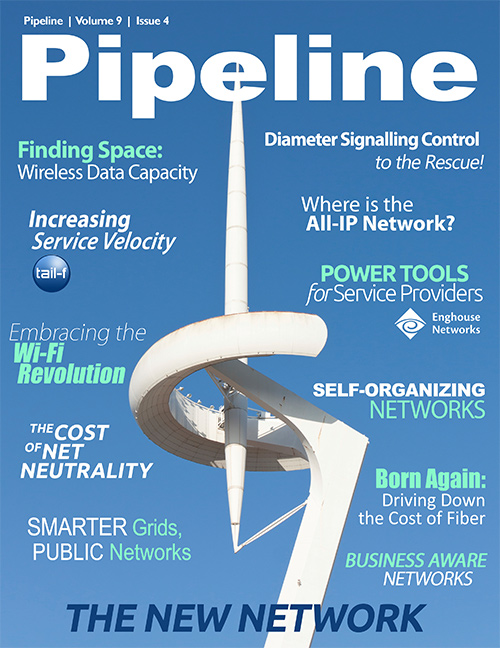The Cost of Net Neutrality
Impact of Net Neutrality on network operators
In April, KPN was forced to issue a profit warning after its Dutch first-quarter mobile revenues dropped by more than 8 percent and announced the elimination of thousands of jobs in the Netherlands--about a quarter of their employees in the country.
It's tough for anyone--much less a huge, rich company to argue against innovation and free speech. A report from Stratecast on the impact of Net Neutrality on network operators says these five specific areas will be most negatively impacted:
- Innovation: Net neutrality impacts operator innovation by either providing incentives to develop products and services or to discourage those activities.
- Prospective ARPU: Average revenue per user is a statement of the expectation that particular consumers, both individuals and commercial users, will generate a particular amount of revenue over time.
- Non-access Service Revenue: Anything likely to discourage consumers or commercial entities, such as content providers, to subscribe to an operator’s service offerings is likely to decrease the total amount of non-access related revenue that can be generated.
- OPEX: Operational expense is the overhead required to deploy, manage and maintain networks. Net neutrality, by potentially increasing the overhead associated with ensuring regulatory compliance or by reducing the efficiency of managing networks could increase OPEX.
- CAPEX: Capital expense is the direct cost of deploying networks. In an environment where the revenues associated with services are denied or reduced for operators, CAPEX could be expected to decrease. Contrariwise, if QoS approaches are denied operators, CAPEX could increase as operators overbuild to address traffic growth.
Essentially, the report adds, Net Neutrality acts as a tax on the internet, that will translate to higher monthly bills by as much as $55 per subscriber.
Because consumers have such a wide range of tech sophistication, EFF's Eckersley adds, it important for networks to err on the side of caution with regard to Net Neutrality rules.
“It's dangerous territory because consumers at the time of purchase don't have a crystal ball that tells them what they'll want to do with their smartphones,” Eckersley says. “They might not know what VoIP is now, but in three months, they want to talk to a friend on Skype. Operators should build neutral networks and differentiate on quality and other services.”
Net Neutrality asks a lot of networks. Government depends on the investments carriers make for broadband buildout and yet Net Neutrality laws curtail how networks can generate that revenue. That's particularly galling in the free-market, capitalist U.S. And yet, the directive seems simple: carry traffic without interruption or prejudice.





















